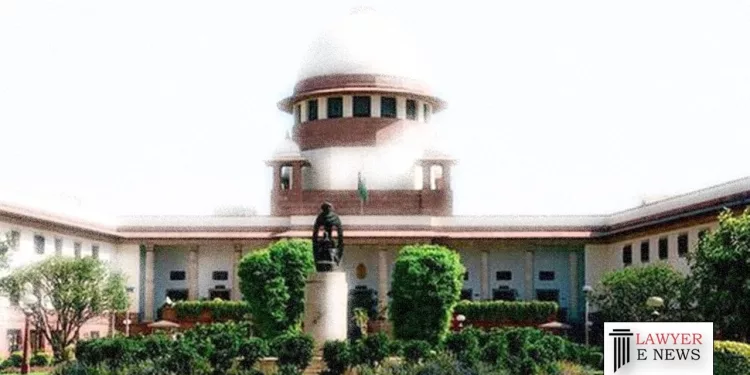Supreme Court Holds Bitumen Not Covered under “Other Valuable Article” for Tax Purposes

On May 16, 2023, Supreme Court of India recently delivered a significant judgement on the interpretation of Section 69A of the Income Tax Act, 1961. The court ruled that bitumen cannot be considered as an “other valuable article” for the purpose of taxation.
In a case before the court, the issue revolved around whether bitumen, a black viscous mixture obtained from petroleum distillation and primarily used in road surfacing and roofing, falls within the scope of “other valuable article” under Section 69A. The section empowers the assessing officer to treat unexplained money, bullion, jewellery, or other valuable articles found in possession of an assessee as taxable income.
The court began by examining the legislative intent behind Section 69A, which was introduced to curb tax evasion involving the purchase of valuable articles such as bullion, gold, and jewellery. The court noted that the provision requires the assessing officer to establish ownership of the articles in question by the assessee.
Referring to earlier precedents and principles of statutory interpretation, the court observed that a document of title or a fixed deposit receipt does not qualify as an “other valuable article” as they are not marketable goods. It emphasized that an article must be movable property, and immovable property or documents of title cannot be included within its ambit.
Addressing the specific case of bitumen, the court considered its characteristics and marketability. Bitumen, being a residual product obtained from petroleum refineries and primarily used in road construction, is usually sold in bulk. The court noted that its value per kilogram was relatively low, and it did not meet the threshold of being considered a “valuable article” as defined in legal dictionaries.
The court concluded that bitumen, in itself, cannot be treated as an “other valuable article” for the purpose of taxation under Section 69A. It held that for an article to be considered valuable, it must not only have some value but also be “worth a good price” or “worth a great deal of money.” Since bitumen did not meet this criterion, the assessing officer’s addition of its value as taxable income was deemed illegal.
Justice Roy, in judgment, emphasized that ownership of the impugned goods is crucial in determining tax liability under Section 69A. He stated that the assessee must be the owner of the valuable article and that possession alone is not sufficient. In the present case, the assessee was acting as a carrier, supplying bitumen from the consignor to the consignee, but was not the owner of the bitumen. Therefore, the court concluded that the assessee did not fall within the ambit of Section 69A.
The judgement of the Supreme Court sets a precedent regarding the interpretation of Section 69A and the classification of items as “other valuable articles” for tax purposes. It clarifies that goods must possess a market value and be worth a significant amount of money to fall within the scope of this provision.
This ruling will have implications for future cases involving the assessment of unexplained assets and taxable income under Section 69A of the Income Tax Act. It provides clarity on the specific requirements for an article to be considered valuable and highlights the importance of considering marketability and worth in determining its taxability.
The judgement serves as a reminder that legislative provisions must be interpreted in light of their intended purpose and the specific language used. It also underscores the role of the judiciary in safeguarding the rights of taxpayers and ensuring the correct application of tax laws.
D.D-16.May.2023
M/s.D.N. SINGH vs COMMISSIONER OF INCOME TAX, CENTRAL, PATNA AND ANOTHER






